Are you suffering from acidity, heartburn or some other digestive problem? These foods will relieve you.
With most of our meals laced with artificial ingredients, preservatives, hormones and other chemical additives, indigestion is a word used very commonly nowadays. It refers to the feeling of uncomfortable fullness after a meal, a burning sensation or pain in the upper abdomen, nausea and bloating (an unpleasant tightness in the stomach).
Lack of exercise and eating a lot of refined, processed and low-fibre foods only contribute more towards digestive health problems. It can be a sign of overeating, choosing the wrong foods, or a more serious problem.
Common causes of indigestion
Most indigestion is caused by:
- Irregular meal timings, or long gaps between meals
- Overeating
- Excessive intake of spicy foods, fast foods, fried foods, unhygienic foods or aerated beverages
- Smoking and alcohol intake
- Excessive intake of caffeine (coffee/tea)
- Peptic ulcers, gastroesophageal reflux disease (GERD) or duodenal ulcers
- Inadequate intake of fluids or water, less sleep, or stress
Foods to combat indigestion: Fruits and fluids
Image: Fruits contain fibre that rescues you from indigestionPhotographs: Courtesy Lifemojo.com
Fruits
Fruits contain fibre that rescues you from indigestion. Fibre helps move food through the digestive system and automatically stimulates the digestive process. Additionally, fibre can also help prevent coronary heart disease, diabetes, colorectal cancer and other diseases. Here are some fruits that can help:
Papaya: Papaya contains the enzyme papain which aids digestion and soothes the stomach. It promotes a healthy acidic enzyme environment by breaking down the proteins.
Banana: Being bland, smooth, easily digestible and slightly laxative, bananas are one of the best digestion-friendly foods. Bananas help neutralise the over-acidity of the gastric juices and reduce the irritation of the ulcer by coating the lining of the stomach. Pectin, a soluble fibre found in bananas, helps in constipation and diarrhoea.
Other beneficial fruits include apples, pears and grapes.
Fluids
Drink plenty of water, coconut water or buttermilk. These are natural diluters and hence help in relieving acidic symptoms. Also, when you drink enough water, waste particles dissolved in water pass through the digestive tract smoothly, helping you with your normal daily bowel movement.
Foods to combat indigestion: Coriander, cardamom, ginger, cumin and carom
Image: Cardamom is used chiefly in medicines to relieve flatulence and for strengthening digestive activitiesPhotographs: Rainer Zenz/Wikimedia Commons
Coriander (dhania)
Apart from being an excellent appetizer, coriander helps strengthen the stomach, relieves flatulence and increases the secretion of enzymes and digestive juices in the stomach. One or two teaspoons of coriander juice added to fresh buttermilk along with mint leaves and cumin (jeera) is highly beneficial in treating digestive disorders such as indigestion, nausea and a feeling of burning and bloating. Coriander juice can be prepared by boiling dry seeds of coriander and straining the decoction after cooling.
Cardamom (elaichi)
Cardamom is used chiefly in medicines to relieve flatulence and for strengthening digestive activities. Ground cardamom mixed with ginger and coriander is an effective remedy for indigestion. Cardamom added in tea also helps in relieving headaches caused due to indigestion.
Ginger (adrak)
Ginger root or ginger oil is often added in food preparations as it helps in improving digestion. It is one of the best remedies for stomach upsets, stomach ache, indigestion, dyspepsia and flatulence.
Cumin (jeera)
Soaking cumin seeds (jeera) in water overnight and consuming the water is beneficial when you have acidity. It also helps in relieving that bloated feeling.
Carom (ajwain)
Take half a teaspoon of carom (ajwain) and add two pinches of rock salt. Chew it and then gulp it with water. This helps instantly in relieving the symptoms of stomach ache and stomach upsets.
Foods to combat indigestion: Lemon, mint and basil leaves
Image: Chewing on mint leaves is beneficial for any stomach problemPhotographs: Kham Tran/Wikimedia Commons
Lemon
Lemon juice also aids the digestive process. Lemon juice in water (not in warm water) with honey is a good remedy if you are suffering from indigestion and burning. You can also add a few lemon drops to your food to aid digestion.
Mint leaves (pudina)
Chewing on these leaves is also beneficial for any stomach problems. Menthol, a volatile substance contained in the essential oil of mint, has a direct antispasmodic effect on the smooth muscle of the digestive tract. The ability to calm cramping stomach muscles makes it a superb treatment for relieving symptoms of indigestion, heartburn, stomach-ache and irritable bowel syndrome. It also helps the muscles around the intestines to relax, thereby promoting less gas production and better overall digestion.
Basil leaves (tulsi)
Basil essential oil is used as a digestive tonic. It treats indigestion, constipation, stomach cramps and flatulence, as it has carminative properties. It provides immediate relief from the gas in your stomach and intestines.
Tips to prevent heartburn and indigestion
Image: Avoid excessive intake of tea and coffeePhotographs: ABX/Wikimedia Commons
Here are a few tips to keep your digestion running smoothly:
- Eat small and frequent meals. If the stomach is empty for a long time, the acid starts acting on the stomach walls, causing a burning sensation. A prolonged effect may lead to stomach ulcers and may cause them to bleed. Hence, eating a small snack every two to three hours helps in getting rid of the excess acid.
- Avoid excessive intake of fast foods, fried items and very spicy food, as well as aerated beverages, tea and coffee. All these items provoke an increased acid response, causing flatulence as well as acidity. This might also lead to stomach ache and overall indigestion.
- Chew your food thoroughly and avoid overeating. The digestion of carbohydrate actually begins in your mouth (thanks to an enzyme produced by your saliva) and then continues in your small intestine.
- Refrain from smoking and drinking alcohol. They slow down your metabolism and lead to malnutrition, causing stress to the body. Additionally, the nicotine content of cigarettes leads to increased acid production.
- Have a good night's sleep and rest your mind and body. Use relaxation techniques like meditation and yoga. Don't let stress take over, as it is the key to innumerable health problems and malnutrition.

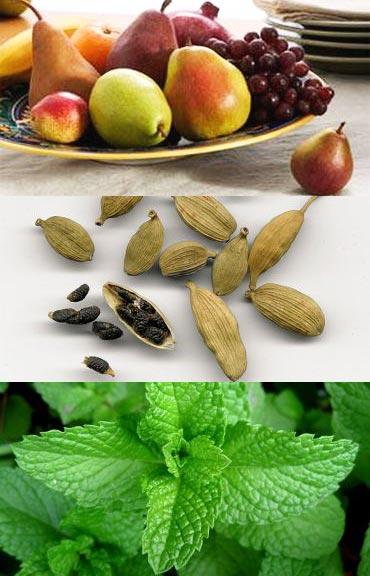
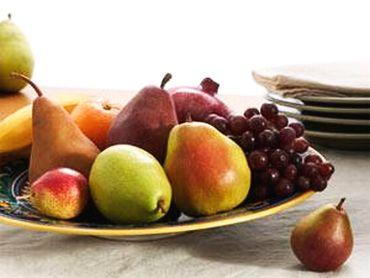
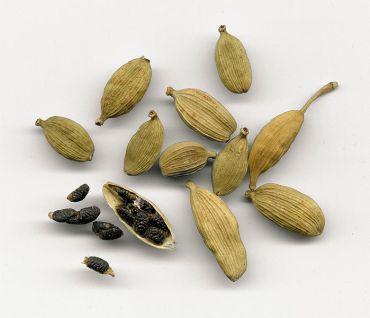
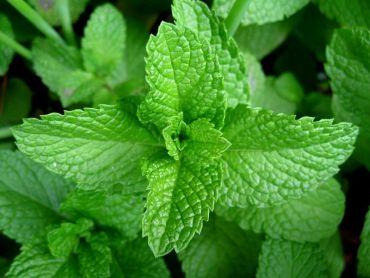
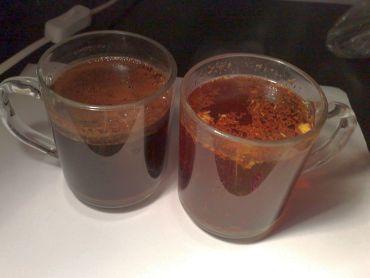

Comment
article